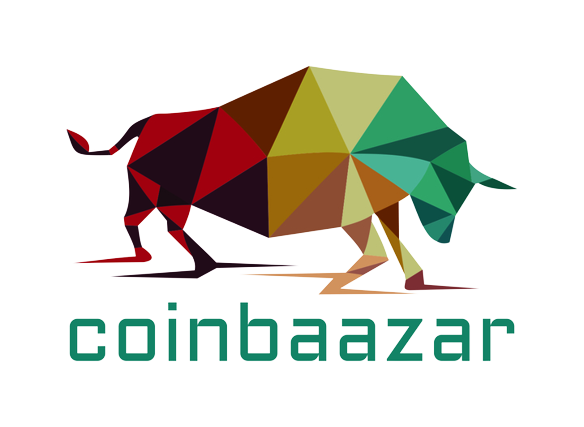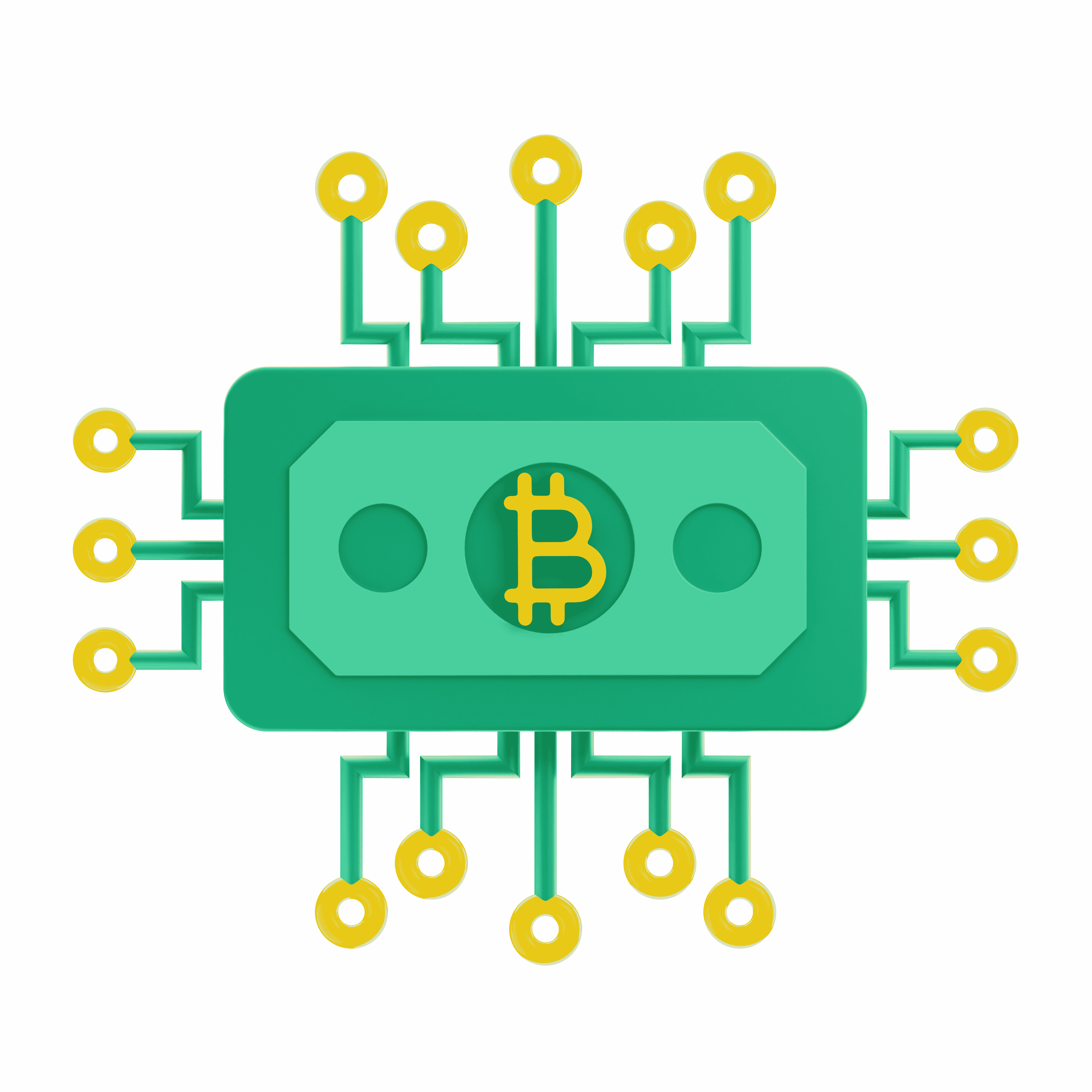Why everyone should run a Bitcoin node to keep bad things from happening
We’ve all heard that mining Bitcoin can be a way to make money without doing anything. But what about the pleasure of running a Bitcoin full node without having to do anything?
In this article, we talk about some of the best things that bitcoin node operators can get out of their decentralized home servers all year long.
What is a node in Bitcoin?


What’s going on with these nodes?
They each have a full record of the Bitcoin blockchain, all the way back to the genesis block, which was the first block Satoshi Nakamoto mined.
Also, these nodes broadcast transactions that Bitcoin users have started.
How are Bitcoin Miners and Bitcoin Nodes different?
People who know how Bitcoin works likely know what miners are. Nodes and miners, on the other hand, are two different parts of this complicated machine.
We could sum up in a very simple way:
Wallets: Sending and receiving money
Miners: Checking transactions and adding blocks to the blockchain
Nodes: They check that the blockchain is correct and store it.
In a process called “proof of work,” miners use energy from the real world to validate and package transactions into blocks and add them to the whole blockchain.
On the other hand, nodes don’t really need any energy at all. They just keep track of how big the blockchain gets. There aren’t many things you need to do to run a node. You don’t need any special hardware, high energy bills, or computers that make noise all day.
Even though not everyone should mine, everyone should think about running a Bitcoin node.
Nodes keep Bitcoin’s network from going down.
Anyone should run a bitcoin node for two main reasons: philosophical and practical.
Let’s start by talking about why on a philosophical level. It is important to realise that more nodes make the Bitcoin network stronger.
Imagine Bitcoin is a group of computers that all talk to each other. As this is going on, some computers are making transactions, some are checking to make sure those transactions are real, and some are storing and recording the whole blockchain ledger (the first and last actions are performed by nodes, the second performed by miners).
Now, let’s say you use Bitcoin every day in your home country, but you don’t have your own node. Also, let’s pretend that all bitcoin nodes and miners in the whole network live in a city called Pompeii.
One day, a volcano erupts and covers Pompeii in ash. All the nodes and miners stop working. There is no longer a Bitcoin network, so all of your bitcoin has been lost.
But if you had a single node that kept track of the whole blockchain, even if the volcano erupted, everyone who used Bitcoin would thank you for keeping track of every transaction since 2009.
You’ll be a hero because your record of the blockchain makes it possible for everyone to prove that they own their Bitcoin.
Obviously, this is not very likely, since bitcoin nodes are already spread out all over the world.
Still, it shows how each person who runs a node makes the network safer and healthier as a whole.
Users need to run nodes for decentralised networks to work.
You may have asked yourself at some point, “Who runs the internet?” The internet was made to be very strong, or even anti-fragile, which means that if it was attacked, it would get even stronger.
But the Internet is not completely decentralised right now. Countries like China and North Korea have their own version of the internet with their own infrastructure, root servers, and payment providers. The internet in China is different from the one Americans use.
In the case of Bitcoin, running bitcoin nodes can make decentralisation even better. Each node has a vote on protocol updates and can refuse to update if an update will hurt it.
Imagine that many governments got together and tried to make Bitcoin illegal and shut down all nodes in their areas.
For the security of the network, it would be important to keep a large number of nodes outside of these areas. This would help keep the Bitcoin network up and running.
A bad bug is another example. If a bug in the code caused a lot of nodes to go down, a certain number of nodes would have to keep the network running while the bug was fixed.
When the bug is fixed, the nodes that were affected by it can join the network again.
Reasons It Makes Sense to Run a Node
Besides the philosophical and moral reasons to run a node, there are also some practical ones: If you run a node, you can use bitcoin more privately and on your own terms. Every transaction is shared by a node.
Let’s say you use bitcoin, but you store and use it with a service that doesn’t hold your bitcoin. Even if you have your private keys, you use another company or service node to broadcast your transactions. This third party knows everything about your transaction, including your IP address.
With your node, you can tell the network about your transaction, making it more private when you send bitcoin. This also lets you ask questions about the blockchain, check the status of your transaction, etc. When you run a node, you have full control and independence. Running a node in the Bitcoin world is a way to take more control of your own life.
Bitcoin is making the world a new place. It gives people freedom, property rights, and the right to make their own decisions. Running a node not only helps keep this network alive, but it also lets anyone interested in Bitcoin’s benefits move closer to financial independence.

